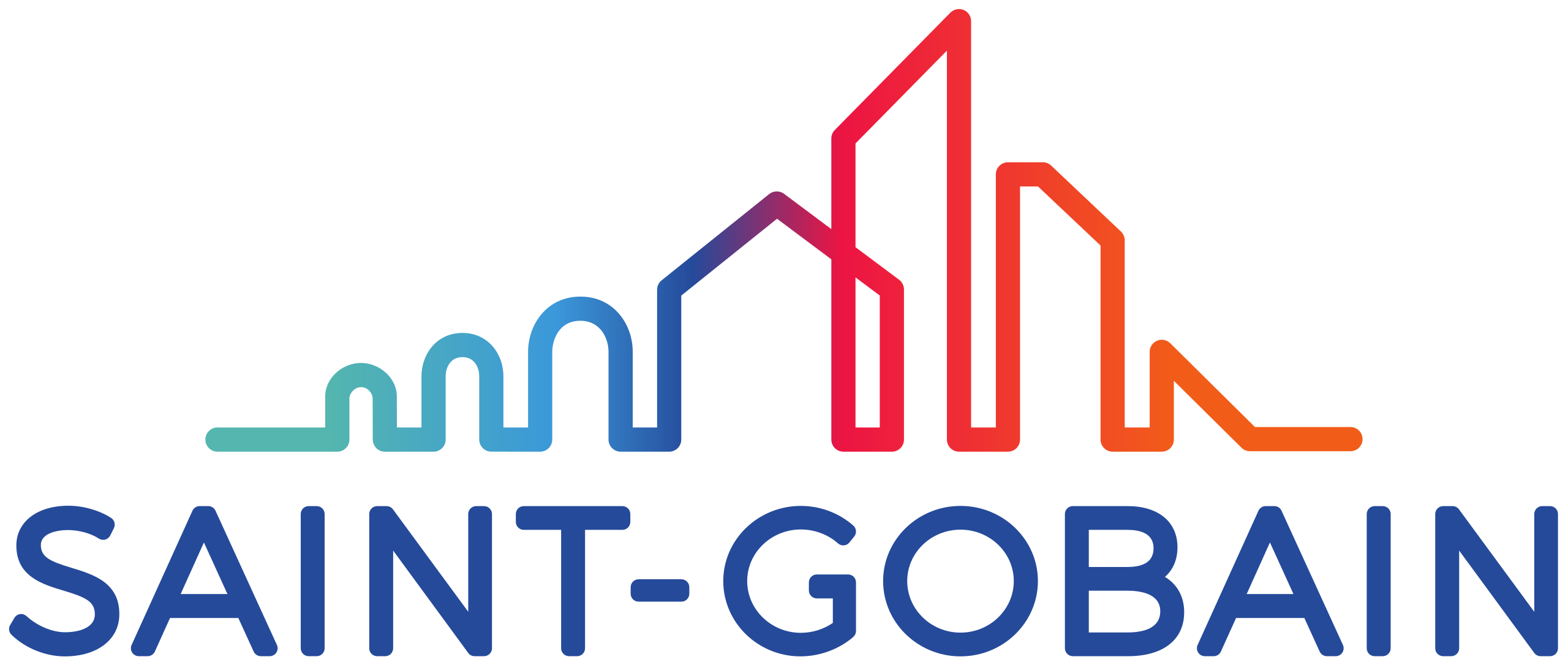It is 8:00 am on a Monday morning. I hear birds chirping and the campus library bell ringing, and see a rush of people wearing orange making their way into work. Full of anticipation and excitement, I step into my brand new office, walls bare and desk empty, waiting to make it my own.
I have not always felt this excited about work. A few years ago, if you had told me I would be working full-time for a university, and was excited about it, I would not have believed you. I was that student who constantly changed majors, and felt confused, anxious and insecure upon graduating. Sure, I had good grades and had met some awesome people, but I was missing something; the feeling of making a difference; the satisfaction of helping someone else. I did not realize to what degree my values would impact how I felt about my career choice. So, I decided to pursue graduate school that best fit my goals and values. Here are a few things that helped me as a college student, even in graduate school, decide on my career path:
1. Be active on and off campus.
College classes didn’t really help me decide on what I wanted to do. My experiences did. Get involved in a club, organization, Greek Life or Residential Life. You just might spark an interest you did not know you had!
2. Complete at least one internship experience during your undergraduate years.
Internships are a great way to get real-life work experience without the commitment. I would much rather spend a summer realizing that maybe I am in the wrong career path, than to graduate without an internship and feel stuck.
3. Get a part-time job related to your major.
This is a great way to get an idea of what to expect and how to use your degree after graduation. It is also a great chance to network and meet people in your industry whom you can use as referrals after graduation.
4. Set goals.
Have you ever thought about why you want to attend college? What do you hope to achieve at the end of your degree? Where do you hope to be in 5-10 years? These are valuable questions you may want to ask yourself if you haven’t done so already.
5. Finally, don’t be afraid to ask for help.
Meet with a career counselor to understand how your personality, interests, values, skills and achievement all relate to a future career. Take career exploration classes. Interview people with jobs you are interested in. The more you know about yourself and the more research you do, the better prepared you will be at making a career decision.
Whatever your passion or goals are, hopefully these five steps will help you get started in finding the career that you have always wanted.






